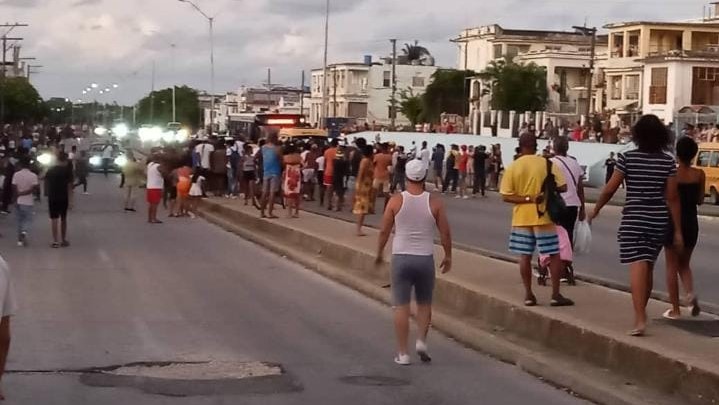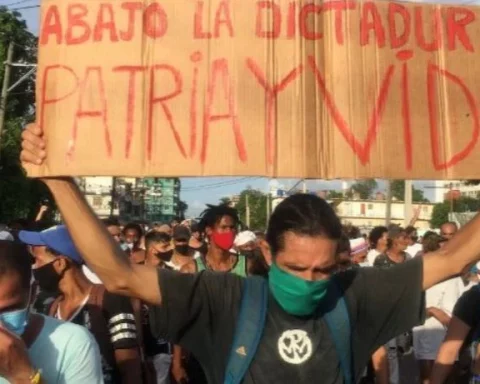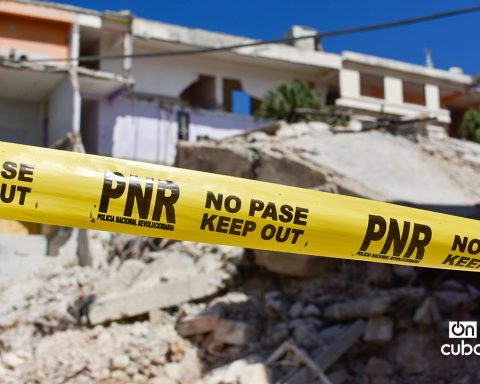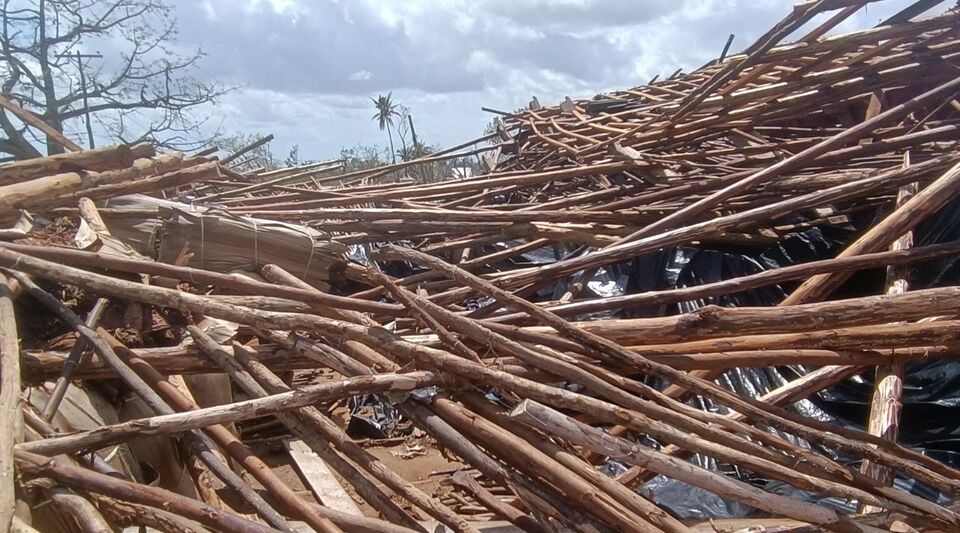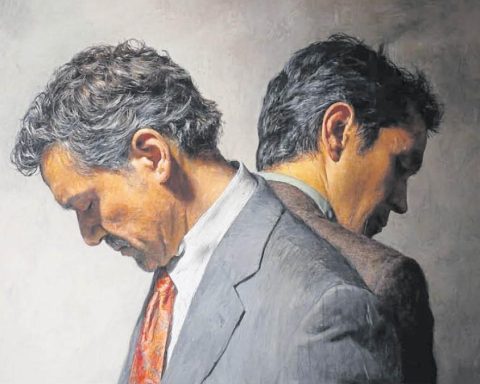Havana Cuba. – Within the current panorama of Cuba, convulsive and catastrophic, some statements by the president nominated by a single compatriot and voted for by 604 more stand out. Miguel Díaz-Canel, in the position of supreme and unappealable evaluator of the conduct of other Cubans, express that the anti-government protests that have taken place in numerous parts of the Island in recent days “lack legitimacy.”
Who is, on a formal level, the boss of today’s Cuba, referred with a very offended air to those who protest, and he did so in very pejorative terms: “There is a group of people who in a very vulgar way, in a very indecent, […] they make some claims from positions of total incomprehension”. And immediately he wondered: “What is the logic of that?”.
Although the question was rhetorical, I think it is worth answering. And to do so, it is necessary to place oneself in the situation faced by the citizens whom the first secretary of the only legal party describes as “vulgar” and “indecent.” They are people who, to the many calamities they have suffered over the years, have now seen other inexplicable misfortunes join them.
Because it is true that an intense hurricane completely hit the province of Pinar del Río. The meteor also caused some damage in Artemisa, Havana, Mayabeque and Isla de Pinos. But from Matanzas to the east it only produced, at best, some rain. So why is it that the entire country has been plunged into a gigantic blackout?
The spokesmen for the electricity company have rehearsed certain “explanations” (some name must be given to them). As the Anglo-Saxons say, they have “the clarity of mud.” Those paunchy characters and the Castro agitators who call themselves “journalists” have resorted to a ridiculous blablabla, in which they invoke the “terrible hurricane”, but without clarifying why this had consequences in Guantánamo or Holguín, where it did not pass!
In any case, this new calamity has had the virtue of provoking protests even in places that were previously noted for the unconditional support of their inhabitants. Two colleagues from the independent press —Luis Cino and Reinaldo Escobar— who live in well-separated municipalities such as Arroyo Naranjo and Plaza, tell similar stories: “In my neighborhood, a former Fidelista, the cauldrons also sounded,” says the first. “A neighborhood with a proven ‘revolutionary trajectory’ becomes a protester”, express the second.
Another colleague from the independent press —Emilio Morales—, in an excellent article published this Monday in Cuban Journal, comprehensively analyzes the current situation of our suffering Homeland. That journalistic work, whose reading I recommend to everyone, has an inspiring title: “The conditions are given for the breakdown of the regime in Cuba.”
The colleague makes an accurate tour of the most relevant aspects of the current Cuban disaster. Internally: defeat of the regime in the recent referendum, economic prostration, rampant inflation, collapse of the electrical system and public health. Also the total disconnection between the single party and the people, the internal struggles for the distribution of the millions of GAESA after the death of General Luis Alberto Rodríguez López-Calleja and the massive emigration.
The author also analyzes external factors: a recessionary picture of the world economy, rising oil prices, stagnation in relations with the United States, non-payment of the Cuban foreign debt (with the probable success of the lawsuit filed against Cuba in London). Likewise, he refers to the inexistence of any foreign power that could massively help the Castro regime, and to the disposition of the Cuban exile for the economic rescue of the country.
After pointing out all these factors of paramount importance, Don Emilio points out what he calls “possible scenarios to occur in the coming days.” Here he mentions: a popular uprising; “opening of the borders” by the regime with the consequent response of the United States; deposition of Díaz-Canel by Raúl Castro; conversion of peaceful protests into violent ones as a result of their repression, with different hypothetical results; establishment of a military government.
It is in that part of the “possible scenarios” that I center my disagreement with Morales’s writing. This is due to the fact that he does not even contemplate the variant that seems most likely to me: that the Central Committee of the Party itself (not Raúl Castro individually, nor necessarily with the support of this character) decides to remove the current leadership team and initiate the changes that Cuba desperately needs (and that that same team, with great stubbornness, refuses to undertake).
This scenario has a solid historical background: there are thirty countries that have freed themselves from the scourge of communism. An essential aspect of their transition towards democracy (although dictatorial or authoritarian regimes have been established in a minority of them), is precisely the participation of a sector of the same single party in the beginning of the changes.
Cuba does not have to be an exception to that rule. Of course, the rise to power of a new leadership team, with policies different from the current ones, would be easier when Raúl Castro is gone. But the wise proverb already says it, I think English: “Facts are a very stubborn thing.” And of course the dire situation in Cuba, which Morales describes so accurately, cries out for the beginning of that change.
The military coup seems less likely. It is true that our country (especially in times of the founder of the Castro dynasty) has had features of a traditional Latin American dictatorship. But it is also true that the communists, by inserting the generalate into the leading organs of the Party, have found a way to avoid coups of that classical style.
Beyond that discrepancy with what fellow countryman Emilio Morales proposes, we both fully agree on the urgent need to make a profound change in our country. The colleague says it well in the final paragraph of his article: “As things are in Cuba, from now on everything can happen.” Let’s hope it’s soon and for good.
OPINION ARTICLE
The opinions expressed in this article are the sole responsibility of the issuer and do not necessarily represent the opinion of CubaNet.
Receive information from CubaNet on your cell phone through WhatsApp. Send us a message with the word “CUBA” on the phone +525545038831, You can also subscribe to our electronic newsletter by giving click here.
